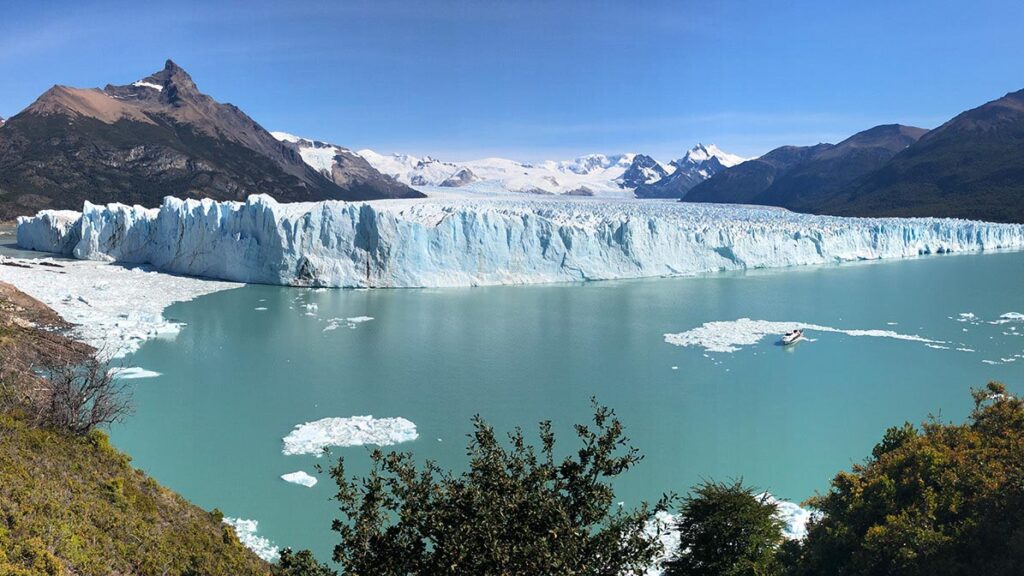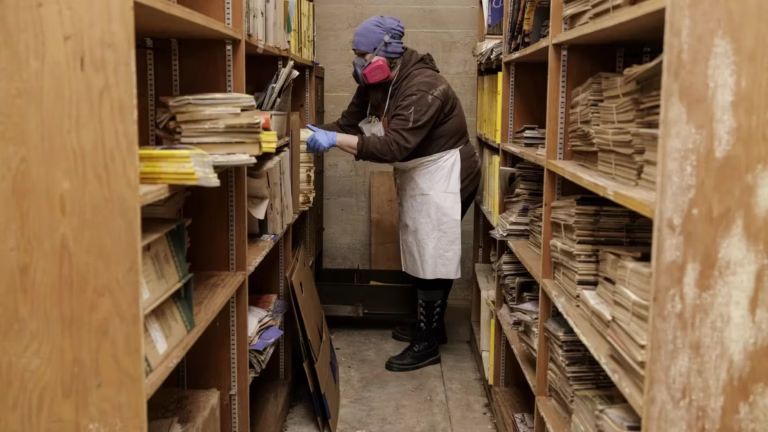Understanding the systems that underpin our planet and our future —
Earth Systems consist of the Geosphere together with the Atmosphere, Biosphere, Cryosphere, and Hydrosphere. Together these five systems interact to produce the environments that surround us. Knowledge of the interactions and dynamics within Earth Systems is fundamental to the understanding and characterization of the environment. As a result, Earth Systems and Climate Change serves as an underlying foundation and cross-cutting theme for research fostered by the Center for the Environment. Climate change exacerbates threats to biodiversity, planetary health, and environmental justice that will require new research and solutions. The Center also promotes collaborative research into the operation of environmental systems today, reconstructions of their past function, and predictions of their anticipated behavior in light of a changing climate.

Rajan Chakrabarty, PhD
Professor of Energy, Environmental & Chemical Engineering
Chakrabarty addresses grand challenges in aerosol-climate-health nexus using interdisciplinary science. New findings from Chakrabarty lab will help make climate models more accurate as massive wildfires become more common.

Derek Hoeferlin, AIA
Professor and Chair, Landscape Architecture
Hoeferlin is principal investigator of “Way Beyond Bigness: The Need for a Watershed Architecture,” where he collaboratively researches integrated water-based design strategies across the Mississippi, Mekong, and Rhine river basins.
Earth systems & climate change scholars

Carrie Breton
Professor
Environment on Fetal Development, Pollutants on Cardiopulmonary and Metabolic Health, Maternal and Child Environmental Health, Susceptibility to Environmental Pollutants, Mediators of Environmental Health

Tracy Bastain
Professor
Environmental Health Disparities, Air Pollution and Heat Exposures on Women’s Mental Health, Chemical Exposure and Environmental Impacts on Maternal and Child Health Outcomes

Meghan Kirkwood
Associate Professor & Chair of Undergraduate Studio Art
Environmental Photography, Landscape studies, Orphan Wells, Natural Resource Infrastructure



